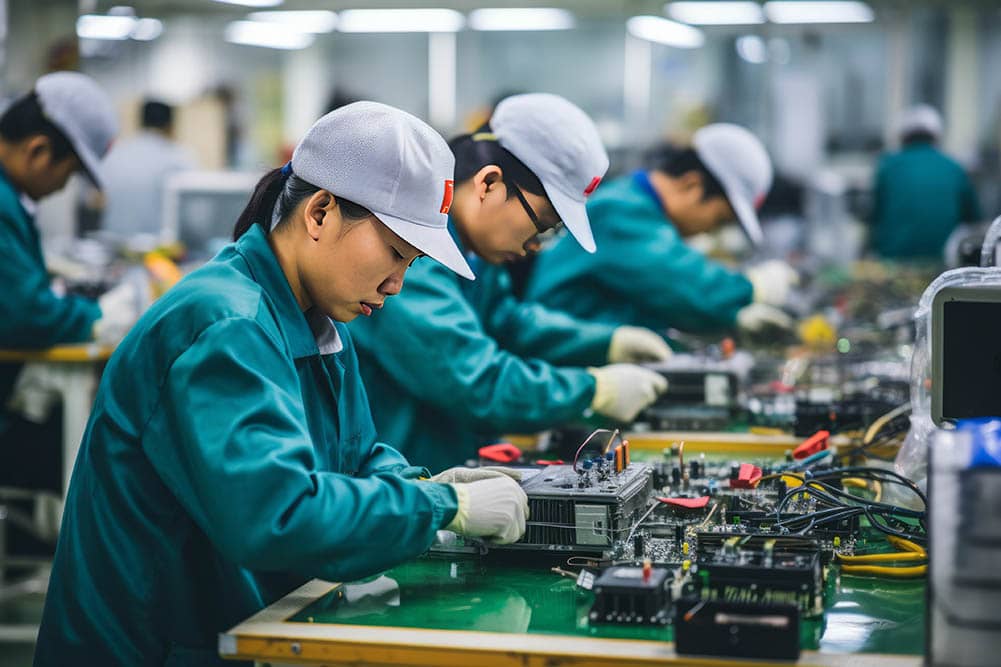
Image © Adobe Stock
The Australian Dollar is on the front foot on signs the U.S. and China could begin talks soon aimed at easing the impact of Donald Trump’s trade war.
Beijing’s commerce ministry said it is "currently evaluating" an offer made by the U.S. to commence trade talks. This would mark a significant easing in China's stance on negotiations, with the country showing little interest in rushing to the negotiating table.
Movement on the matter is translating into FX markets:
The Australian Dollar is 0.6% higher against the Dollar, half a per cent higher against the Pound 0.20% higher against the Euro, with gains coming against the majority of G10 peers, confirming a classic risk-on feel to global FX.
'Risk on' means investors are feeling good and taking risks, i.e. buying stocks and currencies that have close correlations with equities, such as the Aussie, are benefiting.
The Australian currency is particularly sensitive to risks emnating from China, given it is Australia's most important trading partner.
The Hang Seng in Hong Kong leapt 1.7% and the Nikkei in Tokyo rose 1% amid hopes that the U.S. would ultimately lower its import duty on Chinese goods from 145%. China, meanwhile, responded to the hike by hitting the U.S. with a 125% tariff.
The official comments were signalled on Thursday by unofficial channels, with authorities choosing to put out a messave via a state-affiliated social media account.
"If the US wishes to engage with China, there's no harm in it for China at this stage," said part of a lengthy message from Yuyuan Tantian, an account that is affiliated with the Chinese state broadcaster CCTV.
President Trump has, meanwhile, repeatedly claimed that China has reached out for talks on the tariffs, and this week said he believed there was a "very good chance we’re going to make a deal".
Lower tariffs would bolster China, which is a major buyer of Australian exports. By buying the Australian Dollar, markets are saying what's good for China is good for the Aussie.
However, progress will be slow, with China likely to push for significant concessions.
"If the U.S. wants to talk, it should show its sincerity to do so, be prepared to correct its wrong practices and cancel unilateral tariffs," the ministry said on Friday.
Expect further disappointment in the road ahead, but ultimately the final tariffs will be far lower than they currently are, even if the odds of a complete removal are virtually nil.
